5 congressional races key to energy and environmental policy

The outcome of the presidential election is expected to have a dramatic impact on U.S. energy and environmental policy, with Vice President Harris and former President Trump offering starkly different visions on the issue.
But the outcomes of congressional elections will also be crucial, particularly with razor-thin margins in the House and Senate raising the possibility that the winner will be the first president to enter office without a trifecta since George H.W. Bush.
Here are five key races to watch next week and how they could affect the next administration’s energy and environment agenda.
Montana’s Senate race
The candidates: Sen. Jon Tester (D) and businessman Tim Sheehy (R).
Why it matters: Tester, like retiring Sen. Joe Manchin (D-W.Va.), is a Democrat from a red state all but guaranteed to be won by Trump for a third time, and like Manchin, has never sought reelection with Trump at the top of the ballot.
With Manchin not seeking reelection and Gov. Jim Justice (R) an overwhelming favorite to win the open seat, Tester is considered the weakest incumbent Senate Democrat: The Hill/Decision Desk's polling average currently shows him trailing Sheehy by 6 points.
The Montana Democrat has not butted heads on energy and environment with the Biden administration as often as Manchin, but he has joined Republicans in voting for Congressional Review Act (CRA) resolutions to overturn Biden rules on environmental and sustainable governance rules and highway greenhouse gas emissions.
Unless Democrats pick up a seat, a Tester loss would give Republicans a majority of at least one seat in the chamber. And while Tester has broken with the White House on CRA votes, he has also supported energy and environment-related measures and nominees promoted by the Biden administration, including the sweeping Inflation Reduction Act (IRA). Sheehy, meanwhile, would almost certainly oppose any environmental legislation backed by a Harris presidency.
Michigan’s Senate race
The candidates: Rep. Elissa Slotkin (D) and former Rep. Mike Rogers (R).
Why it matters: As the hub of American car manufacturing, Michigan has become ground zero in the fight over electric vehicles (EV), a frequent target in Trump’s stump speech. That fight has extended to the state's race to replace Sen. Debbie Stabenow (D), in which Rogers has sought to tie Slotkin to a Biden administration rule mandating that automakers increase the share of new vehicles that are electric or hybrid.
“Michigan’s auto industry is ingrained in our way of life … but Harris and Slotkin want to take that all away and make us even more reliant on China with their job-destroying EV mandates,” Rogers said in a statement to The Hill earlier in the month.
The attack put Slotkin on the defensive in October, when she released an ad saying “no one should tell us what to buy, and no one is going to mandate anything,” while framing EVs as an economic opportunity. In a debate with Rogers, she warned that failing to take advantage of EV manufacturing could leave Detroit playing catch-up with China, much like it did with Japan in the 1970s and 1980s.
Slotkin currently leads Rogers by 2.7 points in The Hill/Decision Desk polling average. Whichever candidate wins next week could play a role in shaping the discourse and policies surrounding electric vehicles in the next Congress, when a Trump administration — or a Republican Senate under a Harris one — may look to roll back some Biden administration measures bolstering the vehicles.
Nebraska’s Senate race
The candidates: Sen. Deb Fischer (R) and labor organizer Dan Osborn (I).
Why it matters: One of two separate Senate races in the Cornhusker State this year, Fischer’s fight for reelection has been unexpectedly neck and neck in recent polls, even as her colleague Sen. Pete Ricketts (R) leads Democratic nominee Preston Love Jr. comfortably in his race for a full Senate term. Osborn currently leads Fischer by 1.3 points in The Hill/Decision Desk's polling average.
Osborn has run on a combination of populist, prolabor rhetoric and occasional attacks on Fischer from the right, including an ad hitting her for supporting a Biden-backed spending bill. He has declined to say whether he would caucus with Democrats or Republicans if victorious, but as a Senate swing vote he could have tremendous leverage over the next administration’s legislative agenda in much the same way Manchin’s input and priorities ultimately shaped the Inflation Reduction Act.
Under a Harris administration, that could mean a bigger focus on ethanol and other biofuels as a form of renewable energy, which has been met with skepticism from some environmentalists. Fischer has made ethanol issues a priority like many of her Midwestern colleagues, leading a bill last year to make a seasonal ethanol gasoline blend available year-round.
Osborn’s labor background could also increase pressure on a Harris administration to assuage concerns that climate action could cost union jobs, already a messaging priority for the Biden administration.
Pennsylvania’s 10th Congressional District
The candidates: Rep. Scott Perry (R) and former news anchor Janelle Stelson (D).
Why it matters: Perry, a vocal Trump ally in a must-win state for the former president, has been identified as a top target by green groups in this cycle for his history on environmental issues.
During 2023 testimony by then-White House climate envoy John Kerry, Perry cast doubt on the scientific consensus around climate change, telling Kerry that signatories to the Paris Climate Agreement are “grifting, like you are.” He has also sponsored numerous pieces of legislation to repeal provisions of the Inflation Reduction Act and said that as chair of the House Transportation and Infrastructure Subcommittee on Economic Development, Public Buildings and Emergency Management, “we will not be focusing on climate change.”
In October, progressive groups including the Environmental Defense Fund’s lobbying arm EDF Action launched a $1 million ad blitz against Perry. Perry, a six-term congressman, has shown little sign of vulnerability in recent cycles — in 2022, when both Sen. John Fetterman (D) and Gov. Josh Shapiro (D) won handily in Pennsylvania, including a double-digit victory for Shapiro in Perry's district, Perry still won by 7 points. Nonetheless, Stelson leads by 8 points, according to an average of polls from The Hill/Decision Desk.
Stelson has blasted Perry’s climate record, calling him a “denier” in an interview with E&E News this summer. Both candidates support the plan to reopen the shuttered Three Mile Island nuclear plant, however, which will be eligible for IRA tax credits.
Iowa’s 1st Congressional District
The candidates: Rep. Mariannette Miller-Meeks (R) and former state Rep. Christina Bohannan (D).
Why it matters: Miller-Meeks, who is seeking her third term, earlier this year became the second-ever chair of the House’s Conservative Climate Caucus after its inaugural chair, Rep. John Curtis (R-Utah), entered the Senate primary to succeed retiring Sen. Mitt Romney (R).
The caucus, which comprises Republicans who acknowledge the threat of climate change but call for free-market solutions, has previously sent members to represent the U.S. at the annual United Nations climate change conference.
It's likely to have its work cut out for it regardless of who wins, but to guide that agenda, Miller-Meeks must first win a tight reelection contest. The race for the district has only been polled three times, with Bohannan leading by 4 in an internal survey by the Democratic Congressional Campaign Committee and the race even in a survey commissioned by Bohannan’s campaign. A separate survey from the firm RMG Research found Miller-Meeks leading by 3.
It's unclear who would succeed Miller-Meeks atop the caucus in the event of a loss, or even which of its vice chairs would be available to step into the position: Rep. Lori Chavez-Deremer's (R-Ore.) district, for instance, is ranked as a toss-up by Cook Political Report. But whether Miller-Meeks wins reelection will be the caucus's first big test of continuity in its post-Biden — and post-Curtis — era.
-

Key races could determine US energy policy
Politics - The Hill - October 30 -
Congressional races to watch in the 2024 election
Top stories - CBS News - October 30 -
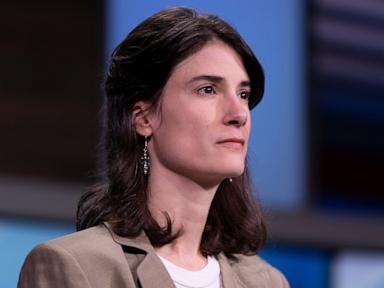
Democratic populists are key to congressional control and their party's future
Top stories - ABC News - October 23 -

Trump wins key Maine congressional district
Politics - The Hill - November 6 -
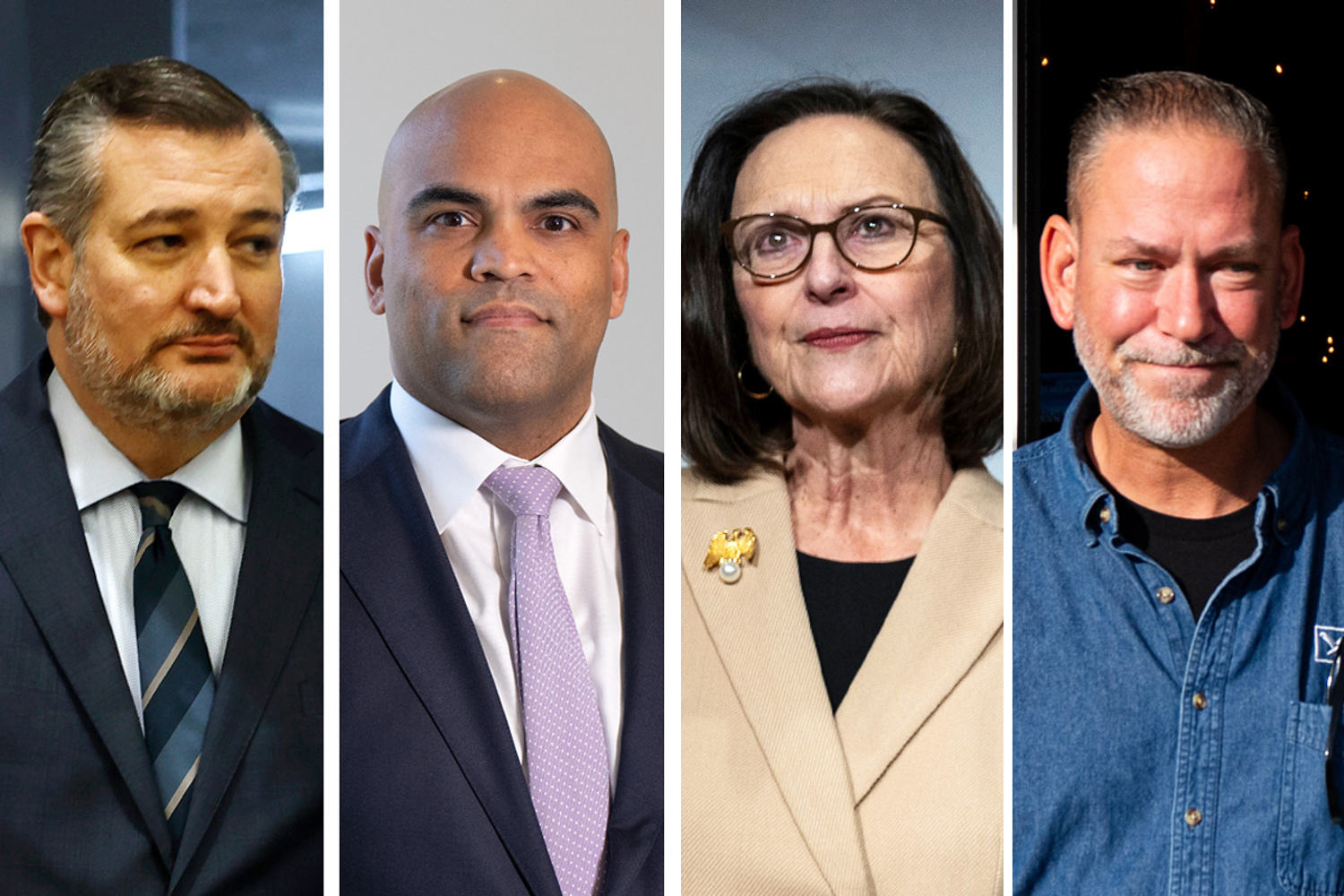
9 congressional sleeper races to watch on Election Night
Politics - NBC News - October 28 -
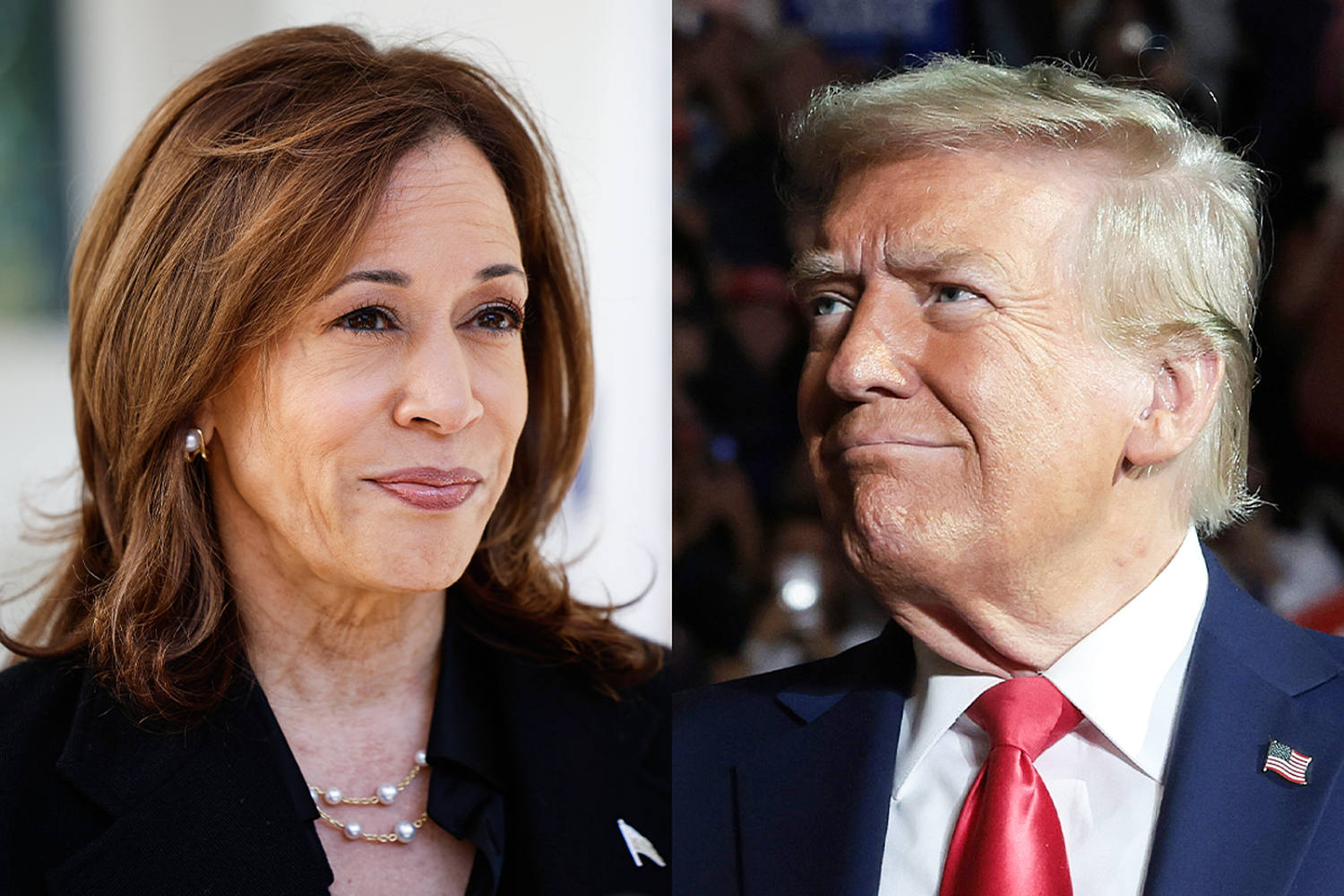
Every uncalled congressional race left in the 2024 election
Politics - NBC News - 11 hours ago -
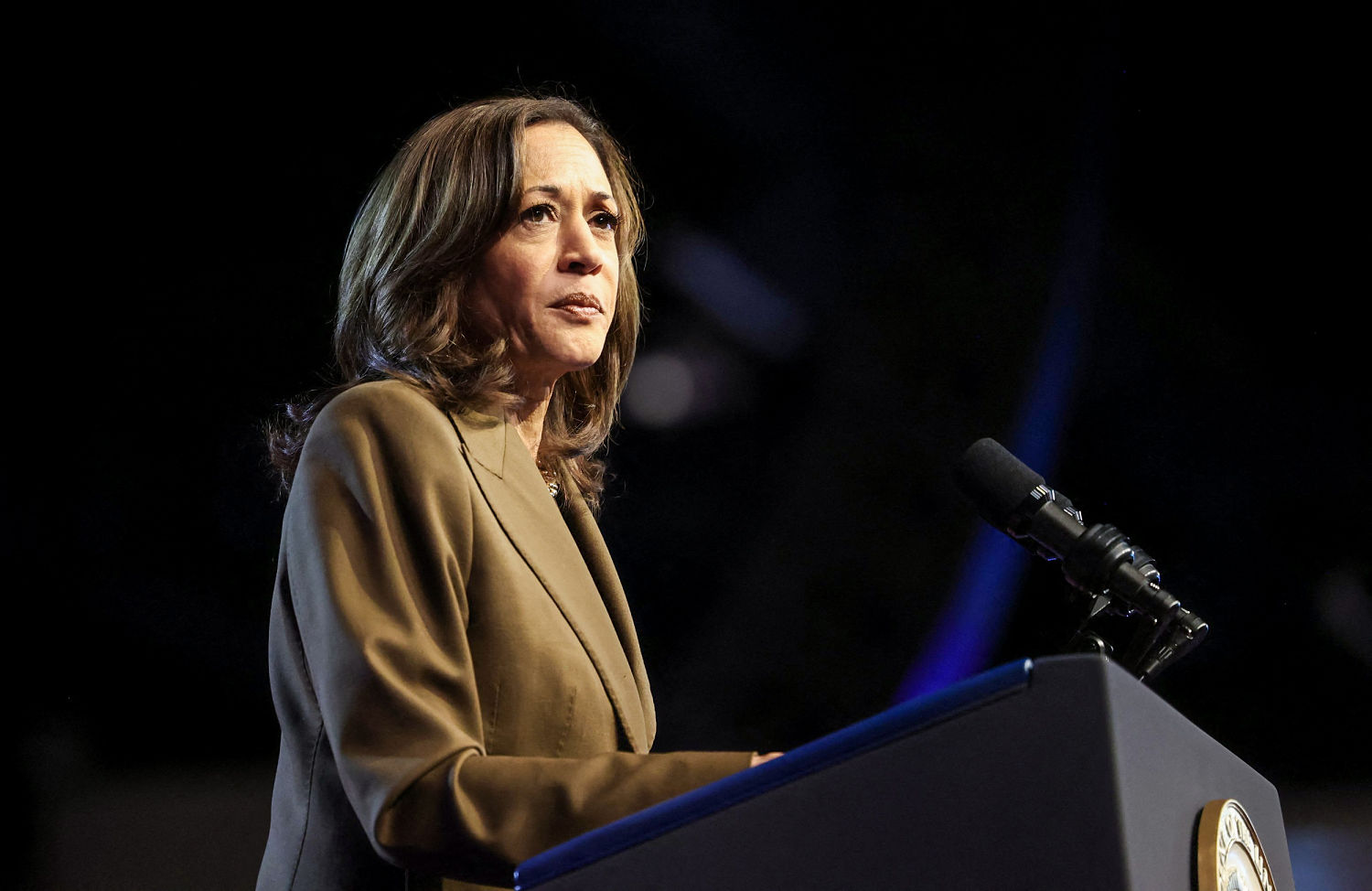
5 keys to a Harris victory
Politics - NBC News - November 2 -
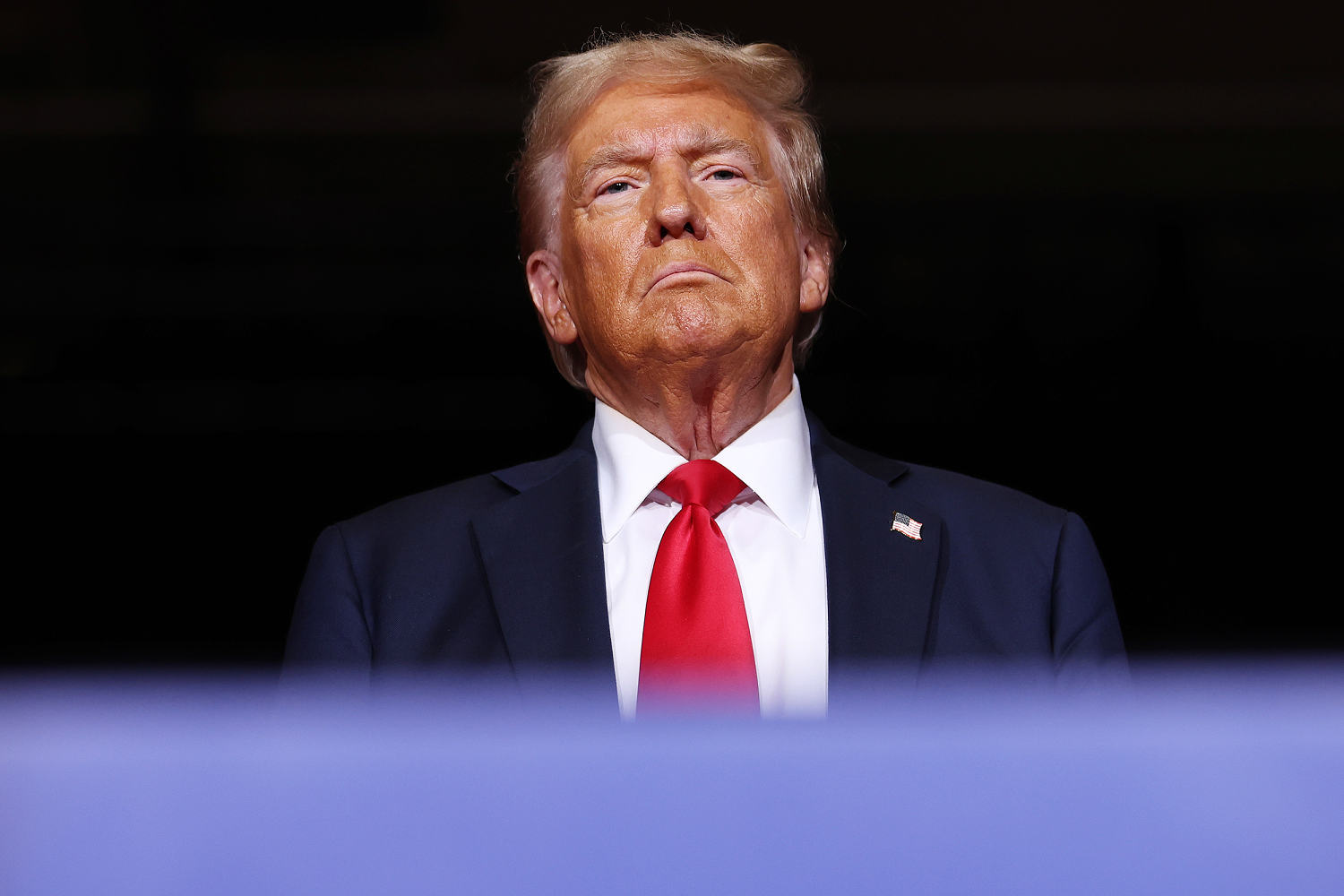
5 key factors that could send Donald Trump back to the White House
Top stories - NBC News - November 2 -

Harris holds 12-point lead in key Nebraska congressional district: Poll
Politics - The Hill - October 28
More from The Hill
-

Who will stand up to Trump’s unqualified nominees?
Politics - The Hill - 40 minutes ago -

Russia fired ICBM at Ukraine, Kyiv says
Politics - The Hill - 40 minutes ago -

Which major retailers will be closed for Thanksgiving this year?
Politics - The Hill - 45 minutes ago -

International Criminal Court issues arrest warrants for Netanyahu, Hamas leader
Politics - The Hill - 45 minutes ago -

US charges Gautam Adani, one of world's richest people, with fraud
Politics - The Hill - 1 hour ago